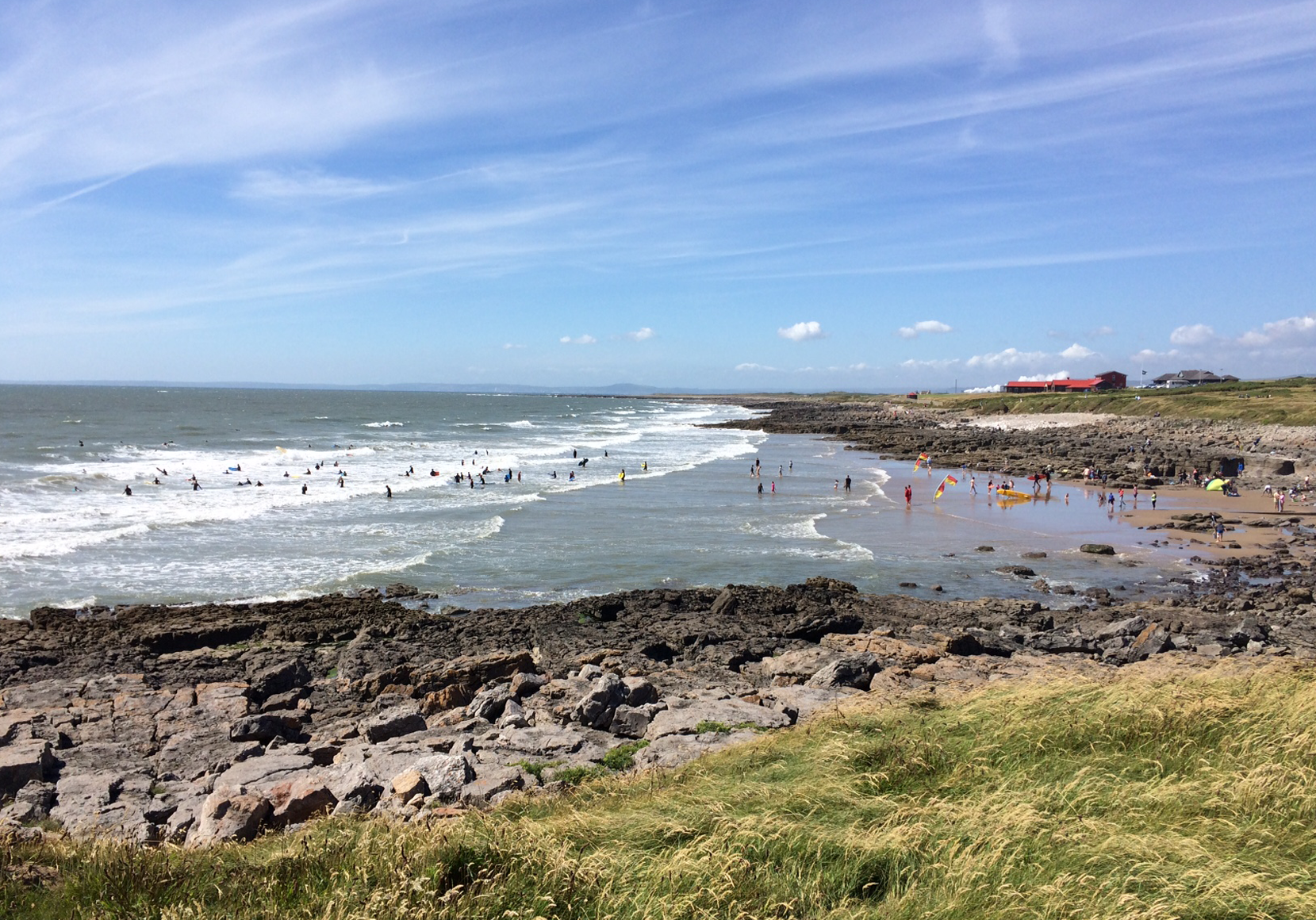Rubbish to reusable: How your litter bin waste is processed
Poster information
Posted on: Tuesday 17 August 2021
Ever wondered what happens to your rubbish once it’s been put into a public litter bin?
Derwen Recycling Ltd, which handles over 500 tonnes of waste a day, has explained exactly how litter gets recycled at their solar-powered plant in Neath Abbey.
The company recently agreed a new deal with Bridgend County Borough Council which sees all waste from public litter bins recycled rather than being sent to landfill.
After being collected from the litter bins and taken to the site, the waste is mechanically pre-sorted before being loaded into a sorting plant.
There, it is first reduced to a manageable size in a waste shredder, allowing it to flow freely through the plant before ferrous metals are extracted using powerful magnets.
The waste is then put through the first of three quality control processes which ensure the materials are of an acceptable quality for the end market.
Once it has passed this stage, the waste is separated into different sizes by a combination of specialist machines.
Smaller materials are used to produce aggregates while light, combustible materials are prepared as refuse-derived fuel, which is sent to power stations and used to generate electricity.
Meanwhile, larger waste is passed through another machine which sorts it based on density into heavy, mid-heavy and light materials.
These materials, which include aggregates, wood, plastic film, cardboard, rigid plastics, aluminium and PVC, are then passed through the final quality control process to extract the recycled products.
Stuart Hanford, director at Derwen Recycling, said: “At all stages of the process, emphasis is placed on the quality of these recycled materials to ensure suitability for the end markets.
“The recycling process efficiently recycles a high percentage of the waste input. Through this combination of processes, Derwen’s new facility is aiming to create 100 per cent landfill diversion.”
Bridgend County Borough already has one of the highest recycling rates in Wales and the UK, and it is about to become even better. We are delighted that a new contract with Welsh company Derwen Recycling Ltd has enabled us to put even more emphasis on recycling.
Having recently visited their premises to see for myself how they recycle waste, I was particularly impressed at the huge quantities they are capable of processing – up to 500 tonnes a day – and their innovative use of solar energy to power the machinery used in the recycling process.
The council’s recycling rates have improved enormously in the past 10 years, and we are now recycling over 69 per cent of all waste. We hope that by working with Derwen to recycle local litter, we can continue to improve on this figure, and make Bridgend County Borough even greener.
Bridgend County Borough Council Deputy Leader Hywel Williams

